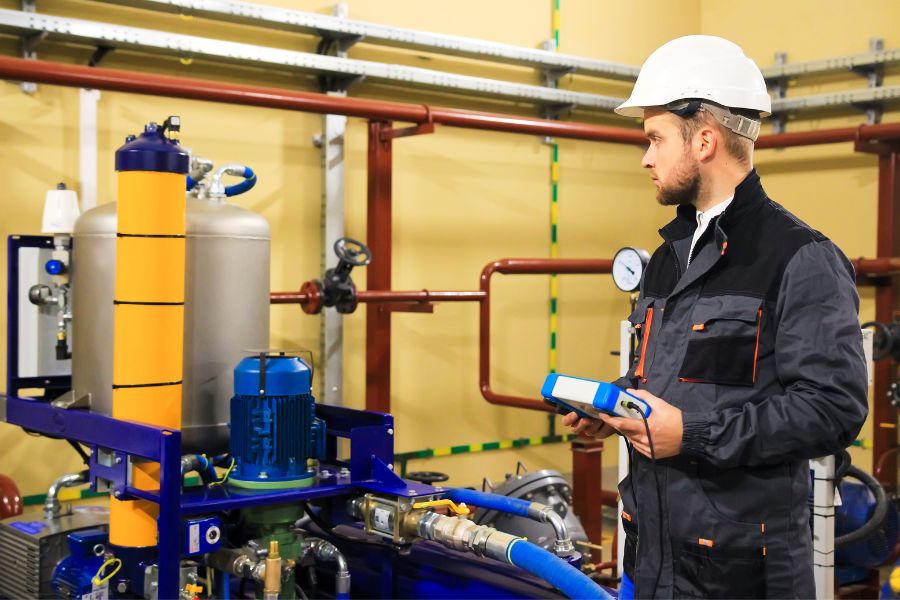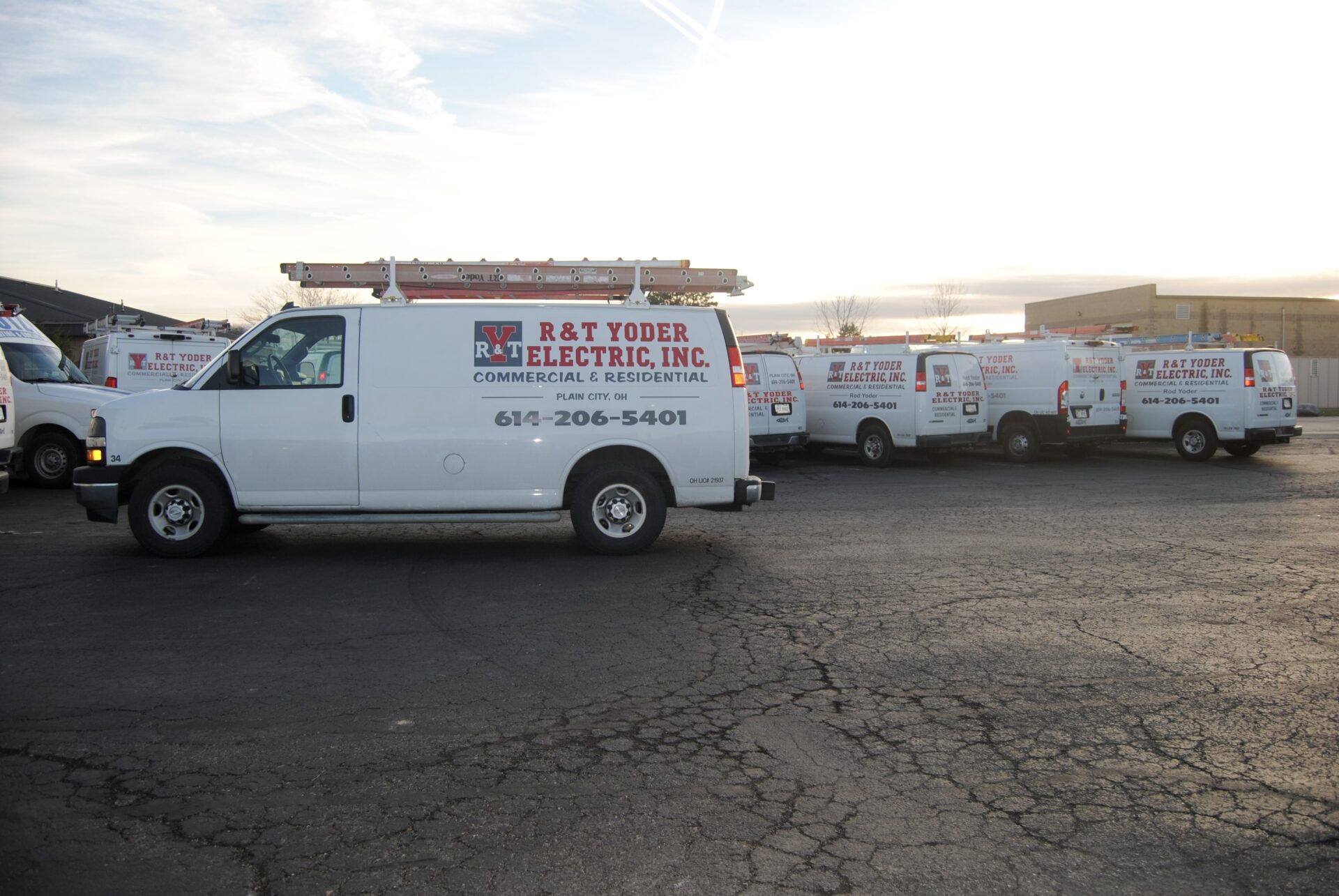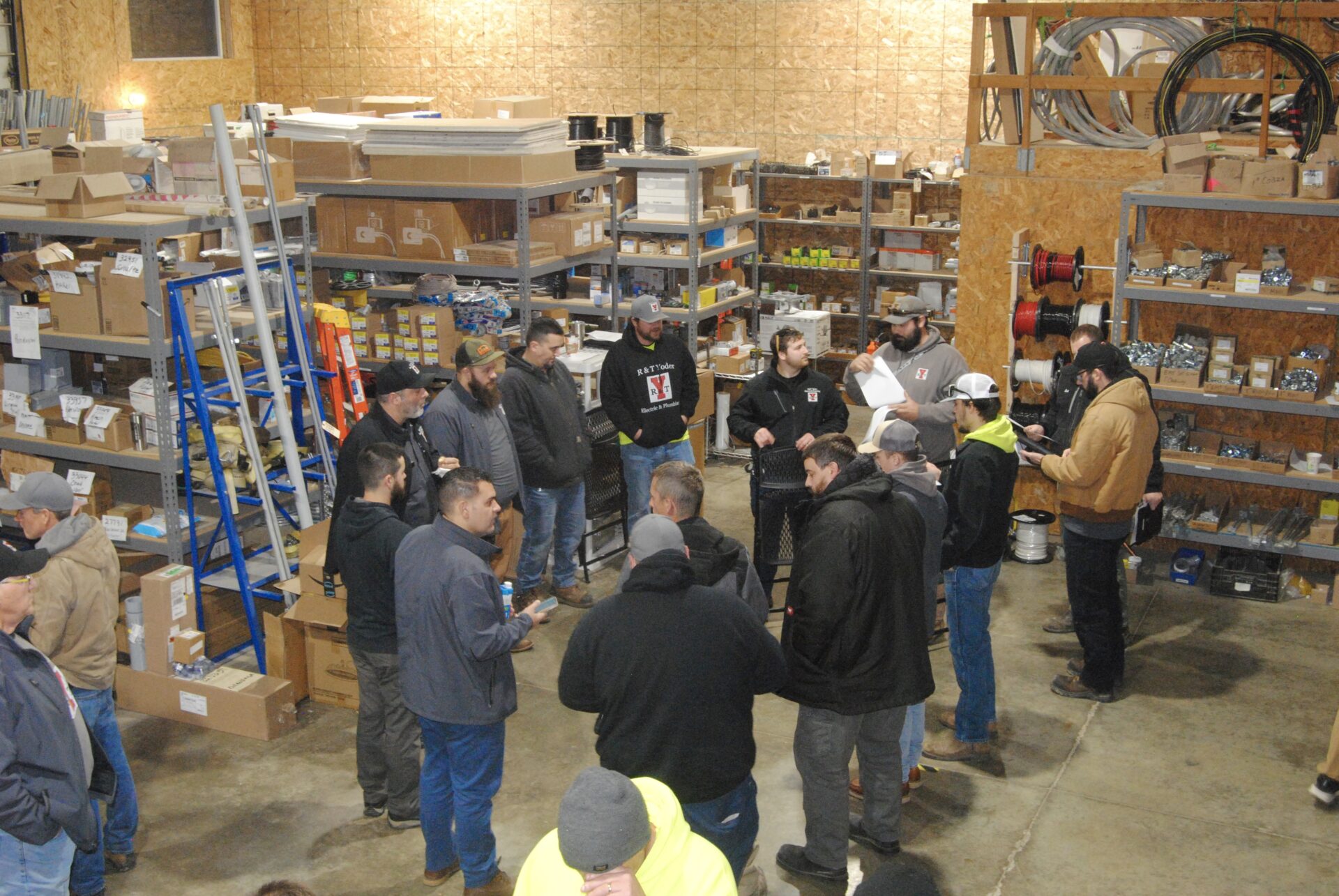Introduction to Whole-Home Water Filtration
The Growing Need for Clean Water
Clean water has become an essential, urgent need as pollution and outdated infrastructure affect water quality globally. Homeowners everywhere are seeking effective clean water solutions to secure their water supply for daily needs, from drinking to bathing and cooking. A popular solution is the whole-home water filtration system—a comprehensive method that purifies every drop of water entering the home, offering families assurance of safe, quality water for all purposes.
What is a Whole-Home Water Filtration System?
A whole-home water filtration system, also known as a point-of-entry filtration system, is installed where the main water line enters your home. This design ensures that all incoming water is filtered, removing contaminants, impurities, and additives before the water reaches any faucet, showerhead, or appliance. With whole-home filtration, every room benefits from clean, filtered water, making it a practical and highly efficient choice for modern homes.
Benefit 1: Improved Water Quality
Removing Harmful Contaminants
One of the primary advantages of whole-home water filtration systems is their ability to effectively remove harmful contaminants. Even treated municipal water often contains residual elements of chlorine, fluoride, pesticides, and other industrial chemicals. Over time, these contaminants can pose health risks. Whole-home water filtration systems use advanced filtration technology to trap and filter these elements, providing water that is safer and cleaner for all household activities.
Reducing Chlorine, Lead, and Heavy Metals
Whole-home water filtration systems specifically target high levels of chlorine, lead, and heavy metals, which can seep into water through corroded pipes or outdated plumbing. High concentrations of these substances not only pose health risks but also impact the taste and safety of water. With whole-home filtration, families can confidently use water for drinking, cooking, bathing, and daily tasks, knowing that their water is free from these harmful elements.
Benefit 2: Healthier Drinking and Cooking Water
Filtering Out Pathogens and Bacteria
While municipalities treat water to address primary contaminants, some pathogens and bacteria may still make their way through. Advanced whole-home filtration systems add a vital layer of protection by filtering out residual pathogens and bacteria, reducing the risk of exposure to microorganisms that could cause illness. This is especially beneficial for households with children, seniors, or individuals with immune system sensitivities.
Enhancing the Taste and Smell of Water
Filtered water is not only healthier but also more pleasant in taste and smell. Chlorine and other chemicals, though used to sanitize water, often leave an unpleasant aftertaste and odor. A whole-home water filtration system removes these additives, delivering fresh-tasting water that enhances everything from your morning coffee to the taste of your evening meals. With clean, clear water, everyday cooking and hydration experiences are noticeably improved.
Benefit 3: Extended Lifespan of Plumbing and Appliances
Protecting Pipes from Mineral Buildup
Water, particularly hard water, contains minerals such as calcium and magnesium, which can accumulate in pipes over time. This buildup not only restricts water flow but also creates pressure on pipes, leading to leaks or bursts. By filtering out these minerals, whole-home water filtration systems prevent scaling and reduce mineral buildup, protecting the home’s plumbing system and extending its lifespan.
Reducing Wear and Tear on Water-Heated Appliances
Mineral deposits can also damage water-using appliances such as washing machines, dishwashers, and water heaters. When minerals accumulate in these appliances, they become less efficient and are more prone to breakdowns. Whole-home water filtration reduces mineral content, preventing scale buildup in these machines and enabling them to run more smoothly, which in turn helps reduce energy consumption and prolongs appliance life.
Benefit 4: Enhanced Skin and Hair Health
Reducing Chlorine Exposure in Showers
Showering in unfiltered water exposes the skin to chemicals, particularly chlorine, which can strip away natural oils, leading to dryness and irritation. For individuals with sensitive skin or conditions such as eczema, chlorine can exacerbate these issues. Whole-home water filtration systems reduce chlorine exposure, making showering water gentler on the skin, which in turn supports healthier skin and hair.
Improving Hydration and Skin Elasticity
Filtered water also promotes skin hydration and elasticity, as it lacks the impurities that would otherwise dry out the skin. The absence of harsh chemicals makes the water more compatible with the skin’s natural balance, supporting healthier, more hydrated skin and hair. This benefit extends to all uses, from bathing to handwashing, and improves the skin’s texture and appearance over time.
Benefit 5: Eco-Friendly Alternative to Bottled Water
Reducing Plastic Waste
The environmental impact of bottled water is substantial, contributing to a growing plastic waste crisis. With a whole-home filtration system, you have access to clean, filtered water directly from any tap, eliminating the need for bottled water. This solution helps reduce household plastic waste, supporting environmentally friendly practices that align with global sustainability goals.
Minimizing Environmental Impact
Beyond the waste generated by plastic bottles, the production and transportation of bottled water require vast resources. By decreasing the demand for bottled water, whole-home water filtration systems help reduce greenhouse gas emissions associated with production and distribution. Adopting a filtration system as a clean water solution contributes to a more sustainable lifestyle by reducing resource consumption and environmental impact.
Cost-Efficiency of a Whole-Home Water Filtration System
Lowering Household Expenses Over Time
Installing a whole-home water filtration system requires an initial investment, but the savings it provides make it cost-effective over time. By extending the life of appliances, lowering repair costs, and eliminating the need for bottled water, a filtration system becomes a valuable financial asset, reducing ongoing household expenses while providing consistent benefits.
Comparison to Regular Filter Replacements
Compared to faucet or pitcher filters that require frequent replacements, whole-home systems have long-lasting filters, which reduce maintenance costs and the inconvenience of regular replacements. These filtration systems also deliver consistent performance, making them a more reliable and practical option for households looking for a permanent clean water solution that won’t require constant upkeep.
Ease of Maintenance and Convenience
Minimal Upkeep Requirements
Whole-home water filtration systems are designed with convenience in mind, requiring minimal maintenance to keep functioning optimally. Most systems only need periodic filter changes, making them an easy and practical solution for busy households. Once installed, these systems quietly and efficiently provide clean water with little need for homeowner intervention.
Simplified Filter Replacement Process
Filter replacement in whole-home systems is a straightforward process, with most systems featuring indicators or notifications when a change is required. These user-friendly features simplify the process of maintaining a high-quality filtration setup, ensuring homeowners can easily keep their water clean without hassle or frequent upkeep.
Types of Whole-Home Filtration Systems
Carbon Filtration Systems
Carbon filtration systems are among the most popular and effective for removing chlorine, sediments, and volatile organic compounds (VOCs) from water. Carbon filters offer high levels of purification and improve the taste and odor of water without removing essential minerals, making them an ideal choice for families who want high-quality, clean water with a balanced mineral profile.
Reverse Osmosis Filtration Systems
Reverse osmosis (RO) systems use a multi-stage filtration process to remove a broad spectrum of contaminants, including heavy metals, salts, and chemicals. These systems provide an advanced level of purification, making them ideal for homes where water quality is a major concern. While reverse osmosis requires more maintenance than carbon filters, the enhanced filtration it provides is worth the added effort, delivering ultra-clean water for every use.
Installation Process and Requirements
Hiring a Professional vs. DIY Installation
While some homeowners may attempt to install a whole-home filtration system themselves, hiring a professional ensures proper installation and longevity. Professionals can assess factors such as water pressure, pipe compatibility, and the best filtration type to achieve optimal results, making professional installation a wise investment for homeowners seeking reliable, long-term performance.
Key Factors to Consider Before Installing
Before installing a whole-home water filtration system, it’s essential to evaluate factors like your household’s water quality, usage, and maintenance preferences. Conducting a water test can identify specific contaminants that need to be filtered, allowing you to select a system that best meets your family’s clean water needs and water quality goals.
Common Misconceptions about Whole-Home Filtration Systems
Clarifying Water Softening vs. Filtration
A common misconception is that water softeners and water filters perform the same function. While water softeners reduce mineral content to prevent scale buildup, they do not remove contaminants. Whole-home filtration provides comprehensive purification, offering both clean and softened water when paired with a water softener.
Addressing Concerns about Water Pressure and Flow
Some homeowners worry that filtration systems might reduce water pressure. However, most modern whole-home systems are designed to maintain adequate water pressure while delivering efficient filtration. High-quality systems are rigorously tested to ensure they can support typical household water flow, addressing concerns about water pressure and providing clean water without inconvenience.
Investing in Health and Home
A whole-home water filtration system is more than a device; it’s a holistic investment in health, home value, and environmental responsibility. Providing clean, safe water for drinking, cooking, bathing, and cleaning elevates the quality of life while protecting plumbing and appliances. With benefits ranging from cost savings to health improvements, a whole-home filtration system serves as the ideal clean water solution that enhances every aspect of daily living. Its contribution to sustainability and long-term savings makes it a valuable asset for any household, transforming the way families depend on their water supply for years to come.
Frequently Asked Questions
1. How often should I replace filters in a whole-home water filtration system?
Filter replacement frequency depends on the type of filtration system and water quality. Typically, carbon filters last 6–12 months, while reverse osmosis membranes may need replacement every 2–3 years. Check manufacturer recommendations for optimal performance.
2. Can a whole-home water filtration system improve skin and hair health?
Yes, by reducing chlorine and other harsh chemicals, whole-home filtration systems make shower water gentler on skin and hair. Filtered water helps maintain natural oils, reducing dryness and irritation, especially for those with sensitive skin.
3. Is professional installation required for whole-home water filtration systems?
While some systems are DIY-friendly, professional installation is recommended for optimal performance and longevity. Professionals can assess water pressure, plumbing compatibility, and the ideal filtration type, ensuring seamless installation and efficiency.
4. What’s the difference between a whole-home filtration system and faucet filters?
Whole-home systems filter all incoming water at the main line, ensuring purified water throughout the home, while faucet filters treat water at a single source. Whole-home systems provide comprehensive filtration, extending protection to every tap and appliance.
5. Does a whole-home water filtration system affect water pressure?
Most modern whole-home filtration systems are designed to maintain adequate water pressure. High-quality systems undergo testing to support typical household water flow, so they efficiently filter water without compromising pressure for daily needs.











